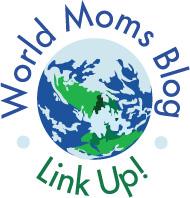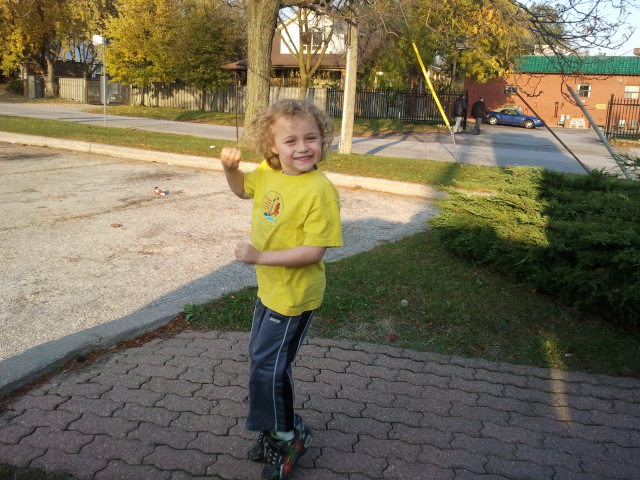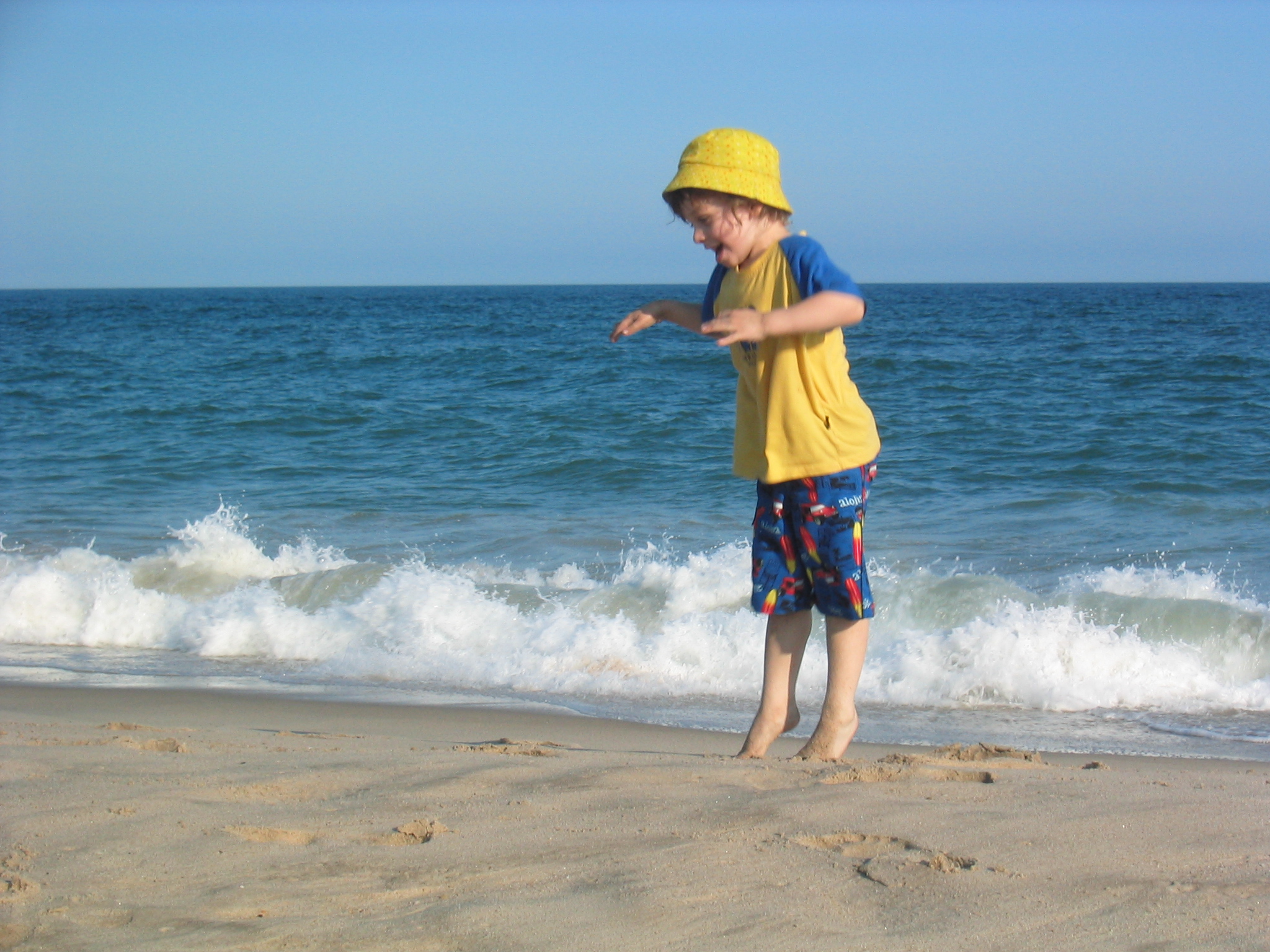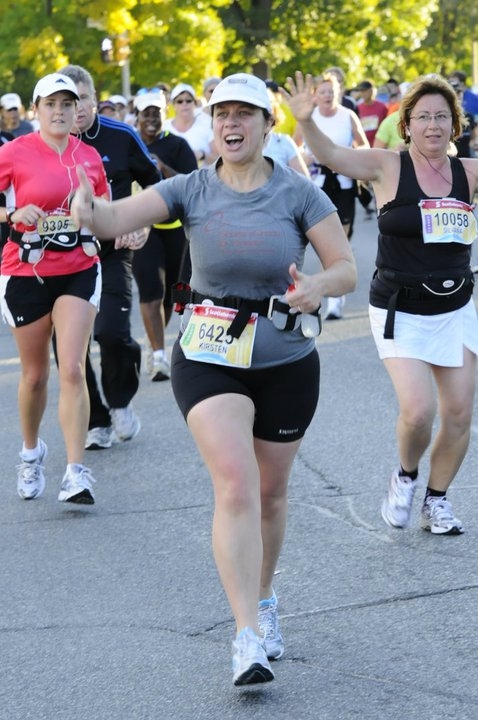 On a hot day in February 1990, I stood still, waiting for history to happen. It was the middle of a South African summer; I had just started my final year at the University of Cape Town, and it seemed as if the entire student body – no, make that the entire population of the Western Cape – had turned out. I was going through a lot of difficulty in my life at that time, but wild horses couldn’t have kept me away from this.
On a hot day in February 1990, I stood still, waiting for history to happen. It was the middle of a South African summer; I had just started my final year at the University of Cape Town, and it seemed as if the entire student body – no, make that the entire population of the Western Cape – had turned out. I was going through a lot of difficulty in my life at that time, but wild horses couldn’t have kept me away from this.
Finally, it happened: the event everyone had been waiting for. A well-known and much-loved figure appeared and waved at the crowd, which was going nuts with excitement. Tears of emotion flowed all around me and within me as this great man stood before us. It was official. Nelson Mandela, the icon of freedom in South Africa, was a free man.
During my childhood years in South Africa, I was a little afraid of black people. This is hardly surprising when you consider the draconian laws that were in effect at the time. Black people and white people were completely segregated. They were required by law to live in different neighbourhoods, they could not attend the same schools or churches, and they could not use the same public facilities. In many cases, they could not even enter stores through the same doors. When I was a child, my exposure to black people was limited to the gardener and the cleaning lady.
My parents, and the parents of my peers, did their best. They themselves had been raised to distrust people different from themselves. Fortunately for me and my contemporaries, common sense and basic human dignity had prevailed, so the generation above me had gone against their own upbringings and taught us to treat everyone with respect, no matter what colour their skin was.
And yet, it has to be remembered that our parents were trying to raise non-discriminatory kids in a society that legally mandated racism. We couldn’t have playdates with black people. If you looked at the student body during school assemblies, you would have seen a sea of white faces. We never shared grocery store line-ups with black people; we didn’t even pass them on the street.
How could a generation of kids learn how to interact in a positive way with a group of people they were never exposed to? It is no wonder that despite the eventual dismantling of the Apartheid regime, race relations in South Africa remain troubled. People are still learning how to get along after generations of having been told that they were not allowed to.
My two kids are having a childhood that contrasts sharply with my own. They have never known an existence of discrimination. They interact freely with kids from all backgrounds, regardless of ethnic origin. To them, people are just people. A telling example of this happened almost two years ago, when my younger son’s Kindergarten teacher unexpectedly died and a new teacher was brought in. When I asked my son what the new teacher looked like, he said she was absolutely beautiful. She had long black hair, and a big smile, and big brown eyes. It is perhaps a damning indictment to my own upbringing that I was surprised, when I finally met the teacher, to see that she was black. My son had not once mentioned this in his lengthy description of her. He had not even noticed her skin colour.
My kids are growing up in a world that sadly still experiences some racism. But so far, they themselves have not shown any signs of discrimination. If that ever happens, it will be nipped in the bud immediately. My dream is for my kids to grow up respecting everyone, no matter who they are or where they come from.
As Scout says in Harper Lee’s To Kill A Mockingbird, “There’s only one kind of folks. Folks.”












